The electrification revolution moved beyond customer cars with the introduction of Formula E in 2014. As the world transitions towards sustainable mobility solutions, the intersection of motorsport and electric vehicle (EV) technology has become a focal point for manufacturers striving to push the boundaries of what is possible. One such manufacturer deeply entrenched in this pursuit is Nissan, with its significant involvement in the ABB FIA Formula E World Championship.
At the helm of Nissan’s Formula E powertrain development stands Tadashi Nishikawa, whose journey from road cars to motorsport has provided invaluable insights into the realm of EV engineering.
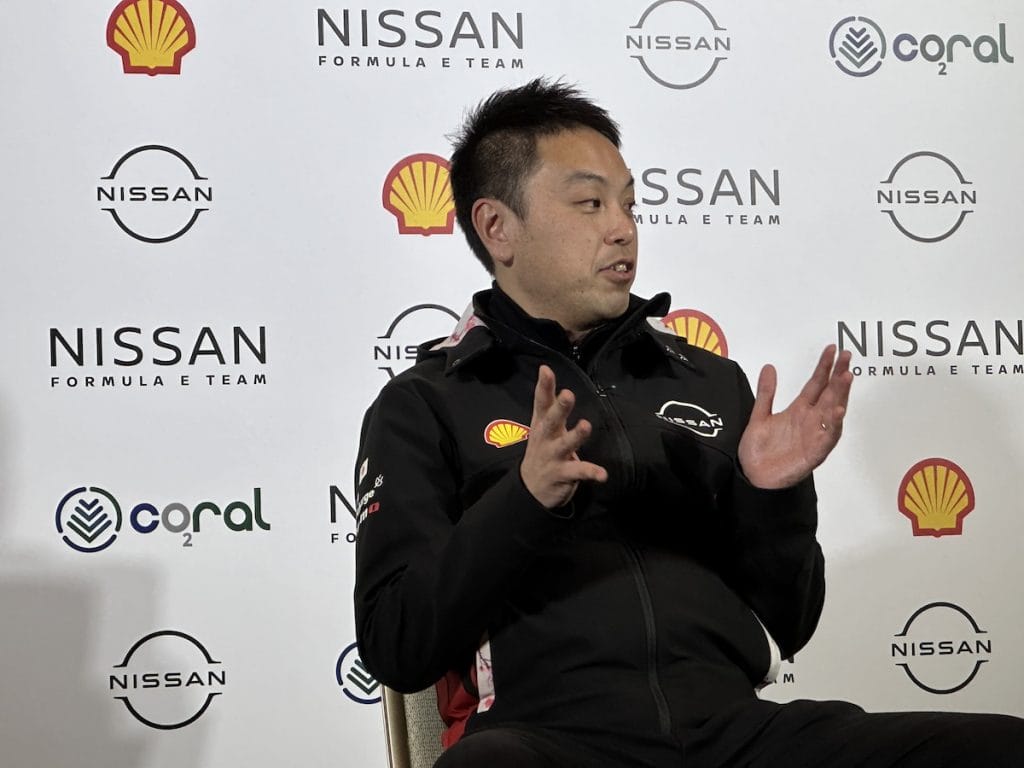
Tadashi Nishikawa, Chief Powertrain Engineer for the Nissan Formula E team, shed light on the symbiotic relationship between Formula E and Nissan’s EV endeavors. From his background in passenger car development to his pivotal role in shaping the future of electric racing, Nishikawa’s insights underscore the importance of Formula E as a crucible for advancing the Japanese automaker’s EV technologies.
Nishikawa’s journey with Nissan spans two decades, marked by a diverse array of engineering roles, including the development of iconic models such as the Skyline, Fairlady Z, and the LEAF—the world’s best-selling electric car. His transition to the Formula E project in 2021 brought him face to face with new challenges and opportunities, serving as a conduit between Nissan’s road and race operations.
Central to Nishikawa’s role is the coordination of powertrain specifications and the relentless pursuit of optimization. Despite the distinct differences between road cars and Formula E machines, Nishikawa emphasizes the cross-pollination of ideas and methodologies between these domains. Leveraging his experience from passenger car development, he navigates the intricate balance between performance, efficiency, and cost—a challenge compounded by the collaborative nature of engineering teams.
One of the most striking differences Nishikawa encountered in his transition to Formula E was the absence of direct benchmarking—a common practice in road car development. Unlike traditional automotive projects, where competitors’ designs are scrutinized for insights, the clandestine nature of Formula E necessitates a more introspective approach to innovation. This paradigm shift underscores the importance of ingenuity and adaptability in the pursuit of performance excellence.
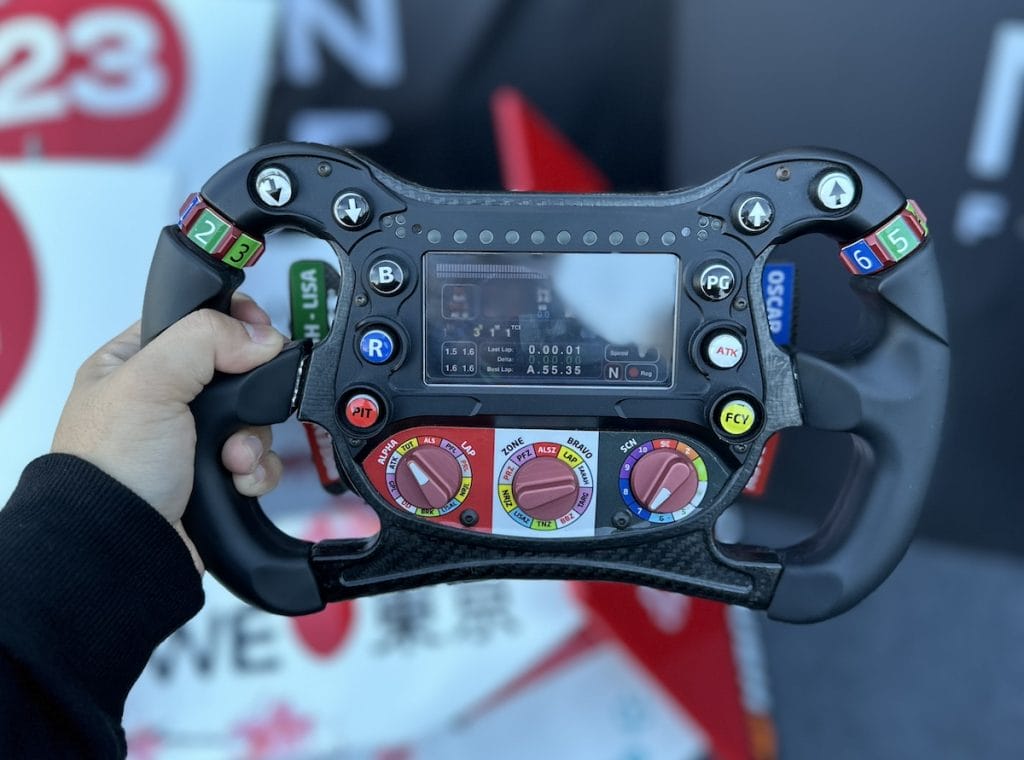
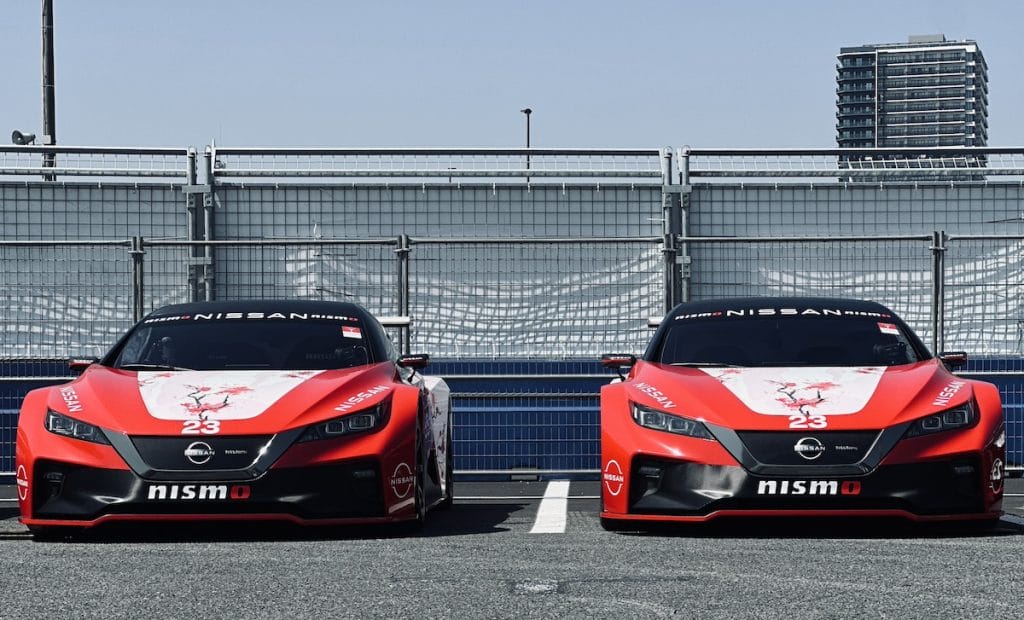
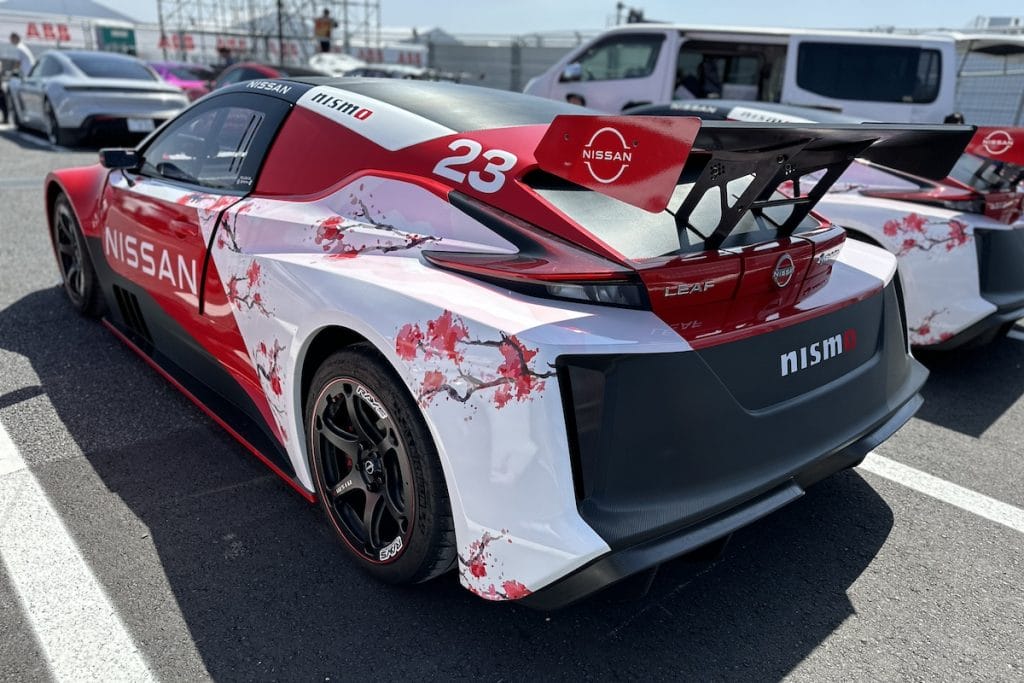
Despite these challenges, Nishikawa identifies Formula E as a crucible for technological innovation, where the boundaries of EV performance are continually pushed to new heights. The unrestricted pursuit of efficiency and power density in Formula E serves as a litmus test for Nissan’s EV technologies, enabling engineers to explore the outer limits of what is achievable. This iterative process of experimentation and refinement ultimately translates into tangible benefits for Nissan’s road-going vehicles.
Nissan’s involvement in Formula E extends beyond mere competition; it embodies a commitment to advancing the cause of sustainable mobility on a global scale. By electrifying its racing endeavors, Nissan not only showcases the performance potential of EVs but also fosters technological cross-pollination between its motorsport and road car divisions.
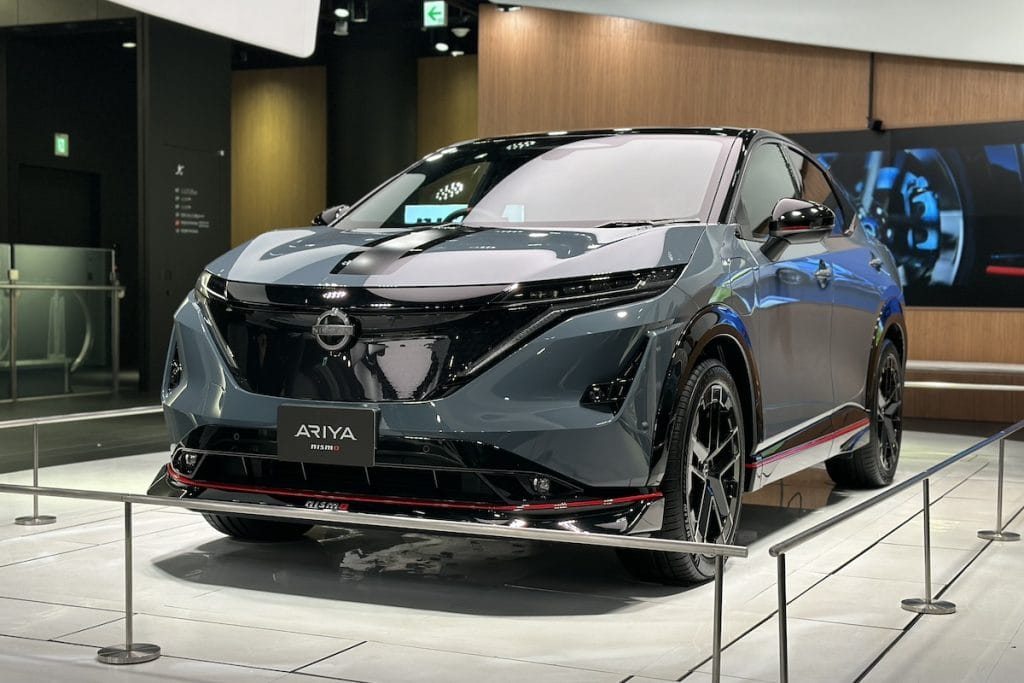
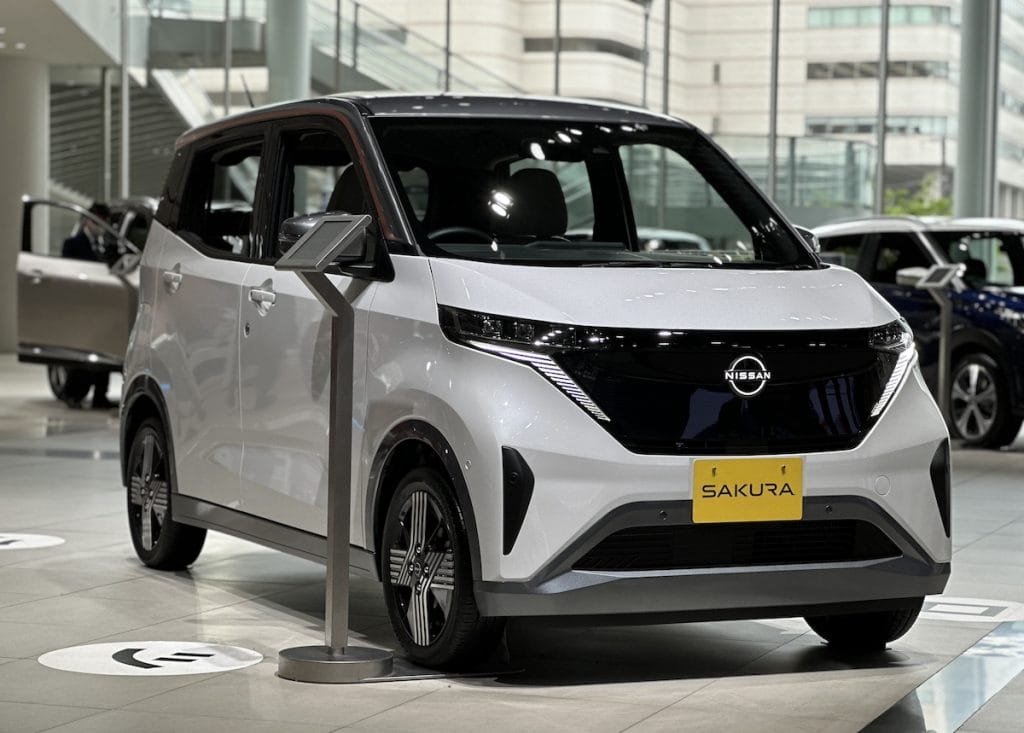
As Nishikawa aptly notes, the lessons learned on the racetrack—where cost and NVH considerations take a backseat to raw performance—provide invaluable insights for enhancing Nissan’s road cars.
Nissan’s renewed commitment to Formula E
Nissan has committed to the ABB FIA Formula E World Championship until at least 2030, ensuring its presence as an official manufacturer and competitor through Seasons 13 to 16. This extends to the transition from Gen 3 to Gen 4 all-electric Formula E cars.
Nissan sees Formula E as a platform to advance its electric vehicle technologies, particularly with Gen 4 cars boasting regeneration capacities up to 700 kW and increased output up to 600 kW. This commitment also solidifies Nissan’s standing as having the longest motorsport commitment to an FIA-sanctioned World Championship. This move aligns with Nissan’s “Ambition 2030” electrification goals, aiming to introduce 34 electric models by 2030, covering 60 percent of global sales.
“We’re extremely pleased to continue our involvement in Formula E until 2030. In addition to bringing excitement and an on-track spectacle to our fans, our participation in the series will make a significant contribution to our electrification goals set out in our Ambition 2030 plans,” said Nissan Motor CEO Makato Uchida.
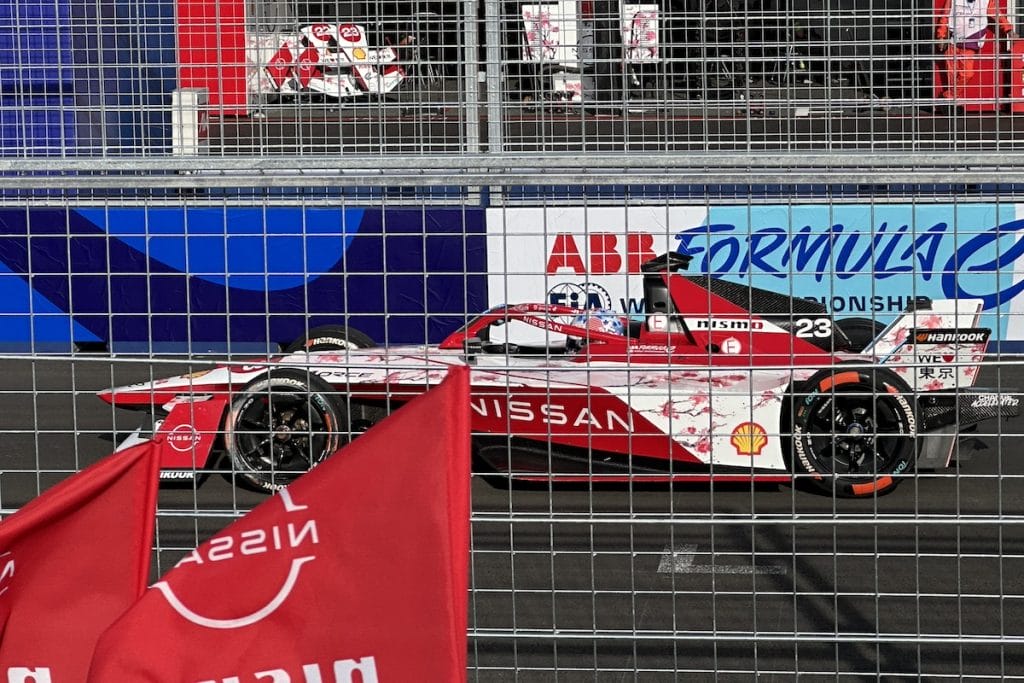
“The technological breakthrough that we make on the track will provide great insights to the development of our future products. We’re excited to see the future of electric racing unfold and to keep working towards a sustainable world for everyone,” Uchida added.
Looking ahead, Nishikawa remains optimistic about the future of Formula E and its impact on Nissan’s EV development trajectory. With manufacturers increasingly aligned in their pursuit of electric excellence, the competitive landscape of Formula E promises to catalyze further innovation and collaboration. As Nissan continues its journey towards carbon neutrality and electrification, Formula E stands as a testament to the enduring spirit of innovation that drives the automotive industry forward.

